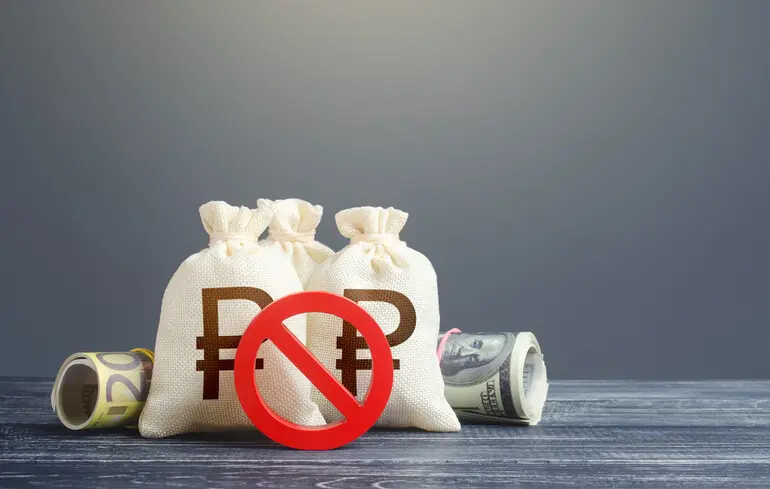EU intensifies diplomatic pressure on Belgium over frozen Russian assets for Ukraine aid

The European Union is once again ramping up diplomatic and legal efforts to influence Belgium regarding the use of frozen Russian assets to support Ukraine, raising increasing concern and tension within Brussels.
According to the Financial Times, around 190 billion euros of frozen Russian assets are stored in Euroclear’s accounts in Brussels.
The United States, Germany, Belgium, and other Western nations are hesitant to currently utilize these resources, citing legal and financial risks, and are adopting cautious positions.
However, as European summits approach, the situation has shifted: the Trump administration has urged G7 allies to confiscate or otherwise leverage these funds for Ukraine’s defense and reconstruction.
German Chancellor Friedrich Merz recently suggested that 140 billion euros could be considered as a loan for arming Ukraine.
The European Commission has developed a ‘reparations loan’ framework aimed at holding Russia accountable for the costs of the war, asserting that Moscow should bear these expenses.
Belgium, however, insists on safeguarding its national interests, requesting guarantees to cover financial and legal risks associated with such a loan.
The Belgian government has stated that the current plan is insufficient and that risks, especially related to taxation and legal challenges outside the EU, need to be addressed.
Payments are scheduled for 2026, as EU countries seek a consensus to fund ongoing support for Ukraine amid complex political negotiations.
Not all nations agree with Belgium’s stance, and internal EU debates are expected to continue, but European leaders are determined to find a common approach to using Russian assets in aid of Ukraine.

